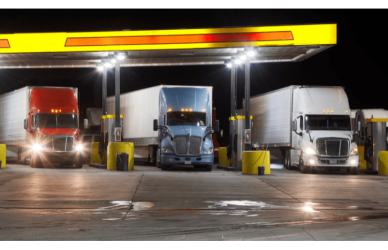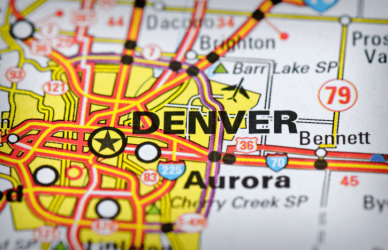Major League Baseball has been in the process of getting the approvals to be able to build a ballpark at the Port of Oakland. This is part of a $12 billion commercial development project.
Transport Topics reported, “Three legal challenges to the project’s Environmental Impact Report tentatively were rejected by Alameda County Superior Court Judge Brad Seligman on August 30.” With one minor exception, Seligman ruled that the city’s environmental analysis for the Howard Terminal development was mostly correct. If the court rules in favor of opponents of the city’s and the team’s plans, the project could be delayed or even canceled. The lawsuit was filed in April by the East Oakland Stadium Alliance, Union Pacific Railroad, Capital Corridor Joint Powers Authority, and a coalition of port workers, trucking industry groups, and cargo-terminal operators.
He had a ruling over 70 pages long. He sided with those in support of the development with one exception, questioning how the project would disperse and mitigate wind at the port. “There are still some more steps that are involved here; it’s getting closer, but they, the city cleared some hurdles,” Schrap said. “They have all the political support, but the game is not over quite yet. We’re probably in the eighth inning, but whether or not we go into extra innings or see a walk-off in the ninth inning, we’ll find out.”
Mayor Libby Schaaf has expressed that she does not want to lose another professional sports team. Oakland lost NBA’s Golden State Warriors and left Oakland Arena for Chase Center on the waterfront in San Francisco. The NFL’s Raiders moved to Las Vegas and to its new home at Allegiant Stadium.
Trucking leaders believe that Oakland should follow what most cities are doing such as getting rid of their old basketball arenas and hockey venues and building a baseball stadium only. Philadelphia has done this several times in the last 80 years. Numerous facilities have been built in the same location due to its proximity to mass transit and Interstate 95, as well as several other highways.
The decision to build a stadium and commercial development comes at a time when the Port of Oakland is struggling to find work. The port is crucial for exports from the central California agricultural basin, frozen protein from the Midwest, and grain products.








